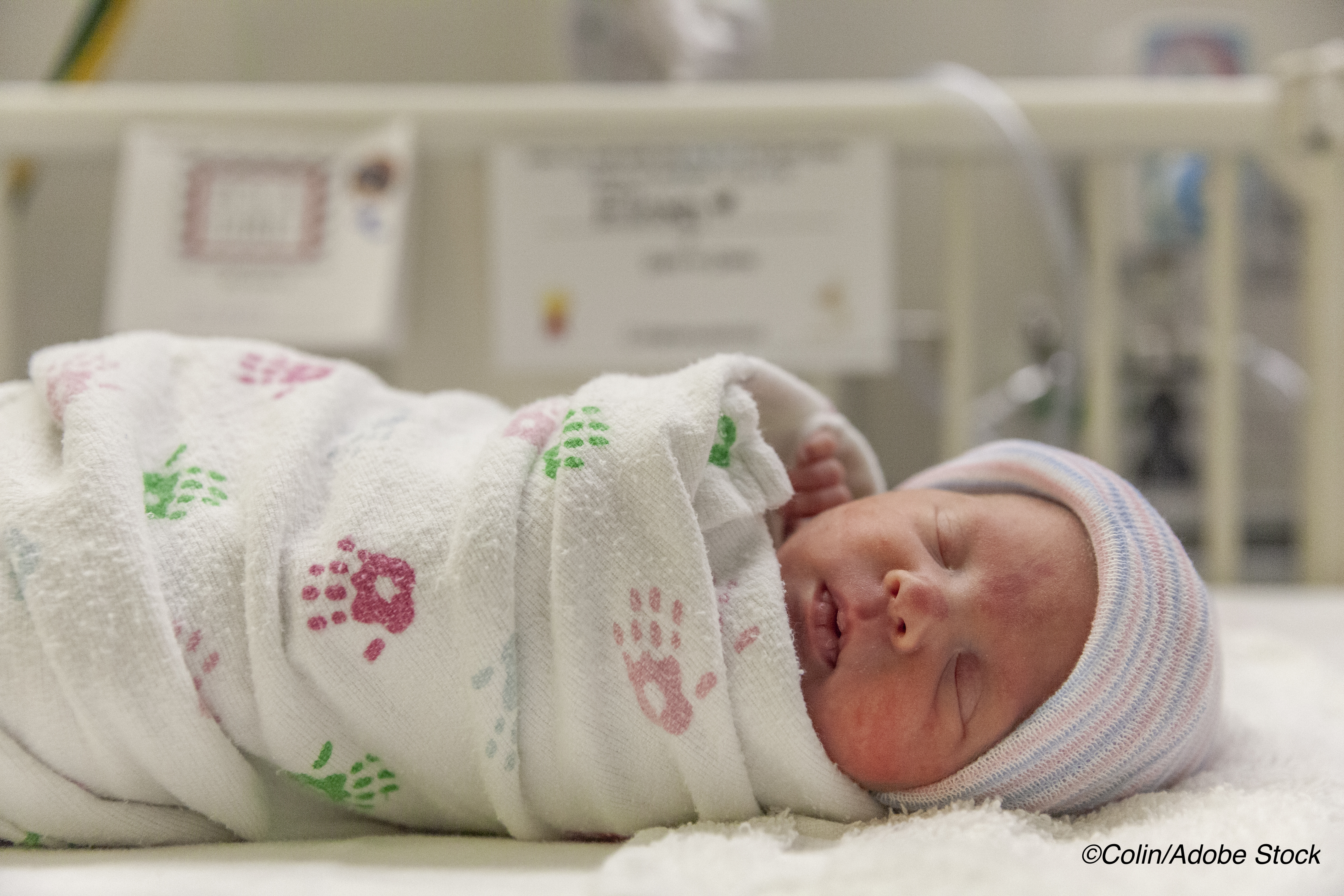About one in five parents of newborns who are privately insured for maternity care are likely to receive an unwelcome surprise—a bill that may top $2,000, according to a review of billing records for 96,881 babies born in 2019.
The analysis, published in JAMA Health Forum, used a database that includes 12 million private insurance enrollees (Optum’s deidentified Clinformatics Data Mart) who had in-network deliveries. The researchers, led by Kao-Ping Chua, MD, PhD, of the University of Michigan, defined parental surprise bills as claims by out-of-network clinicians or bills for ambulances or other ancillary services.
“Of all families, 17,949 (18.8%) had 1 or more potential surprise bill for the delivery, newborn hospitalization(s), or both. Among these families, the median total liability for potential surprise bills was $744 (25th-75th percentile, $138-$3823); for 6417 families (35.8%), total liability exceeded $2000.”
Cesarean deliveries and neonatal intensive care were red flags for the surprise bills as were anesthesiology services.
“Our study was limited by lack of information on whether families received surprise bills or actual amounts paid. Despite this limitation, our findings suggest that federal protections against surprise bills could benefit many families, particularly when resource-intensive hospitalizations occur,” they wrote.
But even with federal protections against so-called surprise bills in place—protections that will not kick-in until 2022—childbirth in the U.S. is a very expensive proposition. The authors cited a Health Affairs study that estimated the average out-of-pocket expenses for the 12 months prior to delivery and 3 months postpartum at $4,500.
“Notably, the high frequency of out-of-network care in our study, coupled with the fact that childbirth is the most common reason for hospitalization, suggests that childbirth hospitalizations are currently one of the most frequent sources of surprise bills in the US. Consequently, inadequate enforcement of federal protections could result in many erroneous surprise bills. Policy makers may wish to devote additional resources to enforcement for childbirth hospitalizations,” Chua and colleagues concluded.
Peggy Peck, Editor-in-Chief, BreakingMED™
Cat ID: 41
Topic ID: 83,41,728,791,730,41,192,925


